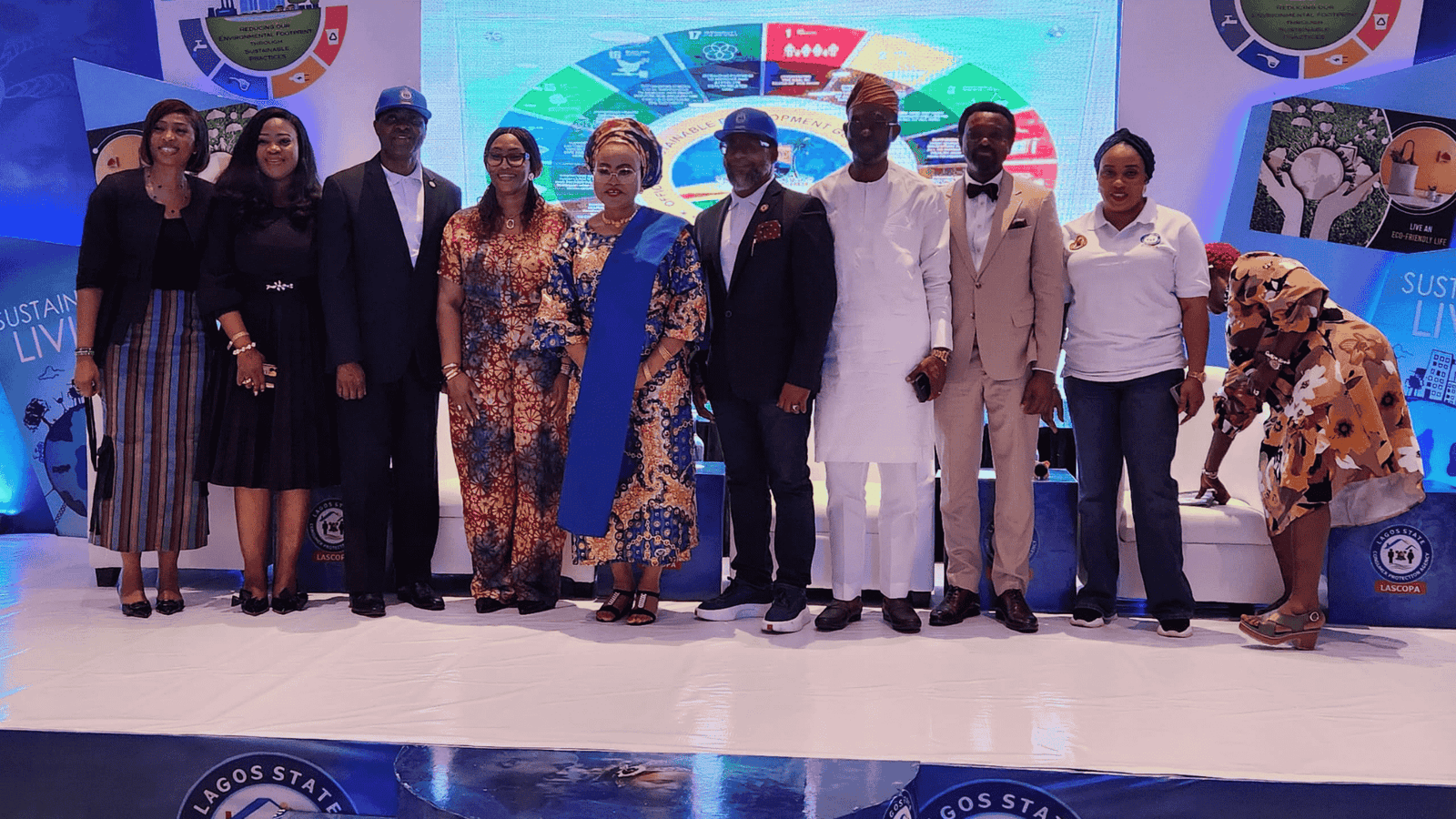Keynote Address by Prof. Olanrewaju .A. Fagbohun, SAN at the World Consumer Right Day, 2025 hosted by the Lagos State Consumer Protection Agency (LASCOPA), themed “A Just Transition to a Sustainable Lifestyle.”
Introduction
- Your Excellencies, distinguished ladies and gentlemen, good morning.
- I am deeply honored to deliver the Keynote Address at this year’s edition of World Consumer Rights Day, 2025. Let me take a moment to appreciate the bold and fearless General Manager of the Lagos State Consumer Protection Agency (LASCOPA), Mr. Afolabi Solebo, and his dedicated team for daring to tread in this challenging space – where their everyday work means stepping on the toes of powerful cabals and industry kingpins. Later in this address, I will further highlight why events like these calls for a celebration of men and women of LASCOPA and similar agencies – who continually put themselves in harm’s way in ways that many of us may not fully appreciate.
- Let me also extend my appreciation to the Honorable Commissioner for Commerce, Cooperatives, Trade and Investment (CCTI), Lagos State, Mrs. Folashade Ambrose – Medebem, and the Permanent Secretary, Dr Aina Ayoola, for their unwavering support of LASCOPA and for allowing the Agency to continue to define and strengthen its role.
- The theme for this year’s event, “A Just Transition to Sustainable Lifestyles,” raised a number of thought-provoking questions for me. At its core, “transition” is the process or period of change from one state or condition to another. When we juxtapose this with the phrase “sustainable lifestyles”, it is an admission of the fact that our current way of living is unsustainable – hence, the urgent need for change. The theme expresses a collective desire to improve our quality of life – one that environmentalists among us would describe as a lifestyle that minimizes environmental degradation while promoting equitable socio-economic development.
- Rather than resolving my dilemma, this acknowledgement of our past unsustainable practices – along with our desire for a better future – has only deepened my curiosity. Human existence dates back approximately 300,000 years ago, when anatomically modern humans, the Homo sapiens, were said to have first evolved in Africa. Since then, growth and development have been central to human strategy and survival. In light of this, I find myself compelled to ask: Have humans always lived unsustainably? Or was there a time when we achieved sustainability, only to lose it? The majority would argue that we once lived in harmony with nature, but the advent of uncontrolled industrialization disrupted the balance – ultimately impacting negatively human health and well-being.




